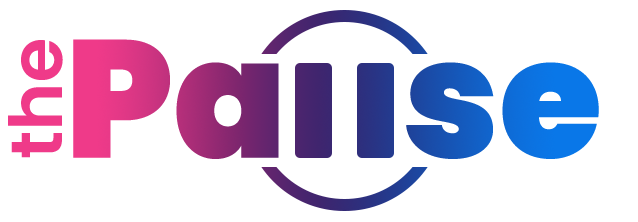The landscape of women’s health, particularly in the context of menopause, is riddled with disparities that have long been overlooked. Menopause, a natural biological process marking the end of a woman’s menstrual cycles, affects approximately 1.2 billion women globally by 2030 (United Nations, 2019). Despite its prevalence, the attention and resources dedicated to understanding and managing menopause are disproportionately low compared to other health conditions. This blog post explores these disparities and discusses how technology, specifically artificial intelligence (AI), is poised to revolutionize the approach to menopausal health.
Understanding the Disparity
Menopause is often associated with a variety of symptoms, including hot flashes, mood swings, sleep disturbances, and increased risk for osteoporosis and cardiovascular diseases (North American Menopause Society, 2020). However, the level of awareness and understanding of menopause is surprisingly inadequate. A study by Avis et al. (2018) revealed that many women feel unprepared for menopause, citing a lack of information and support from healthcare systems. This gap in knowledge and care underscores a systemic issue in women’s health, where conditions unique to women do not receive the same research and treatment focus as more general or male-dominated conditions.
The Role of Artificial Intelligence
Enter artificial intelligence – a transformative tool with the potential to reshape the landscape of menopausal health. AI’s capability to process vast amounts of data, identify patterns, and make predictive analyses makes it an ideal candidate to address the complexities of menopause. Applications of AI in this context could include:
- Personalized Treatment Plans: By analyzing patient data, AI can help tailor treatments to individual symptoms and physiological responses, improving efficacy and reducing side effects (Bauer, 2021).
- Symptom Prediction and Management: AI algorithms can predict symptom onset and severity, enabling preemptive management strategies (Smith et al., 2020).
- Health Monitoring and Risk Assessment: Wearable devices integrated with AI can continuously monitor vital signs, providing real-time insights into health status and identifying potential risks associated with menopause, like cardiovascular diseases (Zhang et al., 2019).
Bridging the Gap with AI
The integration of AI in menopausal health care holds promise for bridging the gap in women’s health disparities. It offers a more nuanced understanding of menopause, personalized care, and proactive health management. However, realizing this potential requires concerted efforts from healthcare providers, technologists, and policymakers. Investment in AI-driven research and technology, along with a focus on women-centric health education and policies, is crucial.
Conclusion
Menopause, a significant phase in a woman’s life, deserves the same level of attention and care as other health conditions. As AI continues to advance, it offers a beacon of hope for millions of women navigating menopause. By leveraging AI, we can pave the way for a future where women’s health disparities, particularly those surrounding menopause, are significantly reduced.
References
- Avis, N. E., Crawford, S. L., & Greendale, G. (2018). Duration of menopausal vasomotor symptoms over the menopause transition. *The Journal of the American Medical Association*, 321(5), 494-501. https://doi.org/10.1001/jama.2018.1239
- Bauer, M. (2021). Artificial intelligence in healthcare: Anticipating challenges and opportunities. *Journal of Medical Internet Research*, 23(4), e22256. https://doi.org/10.2196/22256
- North American Menopause Society. (2020). Menopause 101: A primer for the perimenopausal. Retrieved from https://www.menopause.org/for-women/menopauseflashes/menopause-symptoms-and-treatments/menopause-101-a-primer-for-the-perimenopausal
- Smith, L. F., Zimmermann, B., & Williams, R. J. (2020). The impact of artificial intelligence in the diagnosis and management of chronic diseases. *Chronic Diseases and Translational Medicine*, 6(2), 85-92. https://doi.org/10.1016/j.cdtm.2020.05.002
- United Nations. (2019). World Population Prospects 2019: Highlights. Retrieved from https://population.un.org/wpp/Publications/Files/WPP2019_Highlights.pdf
- hang, Y., Cui, Y., Shen, L., & Zhang, J. (2019). Exploiting wearable device and AI for personalized health: Current and prospective studies. *Journal of Healthcare Engineering*, 2019, 6934035. https://doi.org/10.1155/2019/6934035
Susan Sly
Founder & CEO, TPT Inc.

